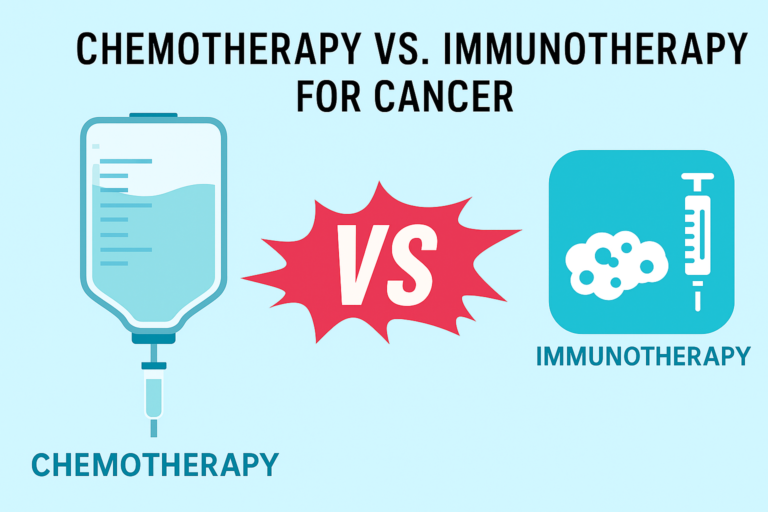
Dandruff is one of the most common scalp conditions, affecting nearly 50% of the global population at some point in their lives. It can cause flakes, itching, and discomfort — often leading to frustration. While medicated shampoos are widely available, many people prefer natural remedies to avoid chemical ingredients and maintain scalp health.
In this blog, we explore 10 effective home remedies backed by research and tradition that might help you manage dandruff naturally. Plus, we highlight when it’s time to seek medical advice.
What Causes Dandruff?
Before diving into the remedies, it’s helpful to know what might be causing your dandruff. Common culprits include:
-
Dry skin
-
Seborrheic dermatitis
-
Sensitivity to hair products
-
Overgrowth of the yeast Malassezia
Identifying the cause is key to choosing the right treatment.
1. Tea Tree Oil
Tea tree oil is known for its antimicrobial and antifungal properties. Studies suggest that it may reduce the yeast Malassezia, which is often associated with dandruff. However, tea tree oil can irritate sensitive skin, so always dilute it with a carrier oil like coconut or jojoba oil before applying.
🔍 Analysis: Research is promising but not conclusive. It’s best used with caution, especially for sensitive scalps.
2. Coconut Oil
Coconut oil helps moisturize the scalp, improve skin barrier function, and may reduce inflammation. A study on women showed that coconut oil could improve the scalp microbiome, possibly helping to reduce dandruff symptoms.
🔍 Analysis: Coconut oil is safe and easy to use. While not a guaranteed cure, it’s a gentle option for most users.
3. Aloe Vera
Aloe vera is widely used to treat burns, psoriasis, and cold sores. It has antifungal and anti-inflammatory properties that may help alleviate dandruff. Though studies show potential, more evidence is needed.
🔍 Analysis: Aloe vera is soothing and may reduce flakiness and itching. Ideal for irritated or inflamed scalps.
4. Manage Stress
Stress doesn’t directly cause dandruff, but it can worsen symptoms, especially in conditions like seborrheic dermatitis. Managing stress through exercise, meditation, or therapy may reduce flare-ups.
🔍 Analysis: Stress reduction is a supportive strategy that may improve overall skin health and reduce scalp irritation.
5. Apple Cider Vinegar (ACV)
Though popular in DIY remedies, research doesn’t strongly support ACV for dandruff. It may help balance pH levels and reduce yeast, but in some cases, it worsens skin irritation.
🔍 Analysis: Use cautiously. Always dilute ACV, and stop use if it causes burning or redness.
6. Aspirin
Aspirin contains salicylic acid, which helps exfoliate and remove dead skin. Crushing two tablets and mixing them into your shampoo can help loosen flakes and reduce itching.
🔍 Analysis: A low-cost, accessible option that mimics anti-dandruff shampoos. Effective for mild symptoms.
7. Omega-3 Fatty Acids
A deficiency in omega-3s can cause dry, itchy skin. Including omega-3-rich foods like fish, flaxseeds, and walnuts may help reduce inflammation and improve scalp health.
🔍 Analysis: Long-term dietary changes can improve skin health. A natural, preventive approach.
8. Probiotics
Probiotics support gut health and may enhance immunity, helping the body fight off fungal infections. A study showed significant improvement in dandruff severity after taking probiotics for 56 days.
🔍 Analysis: Promising support for dandruff management, especially for recurring cases tied to fungal overgrowth.
9. Baking Soda
Baking soda works as a gentle exfoliant and has antifungal properties. Applying it directly to wet hair, letting it sit for a minute, then rinsing may reduce flakes and itching.
🔍 Analysis: Effective for some users, but may not improve conditions like psoriasis or extremely dry skin. Use sparingly.
10. Avoid Trigger Foods
Diet plays a bigger role than many realize. Foods like sugar, fried foods, processed items, gluten, and nightshades may trigger inflammation or yeast overgrowth. Try cutting back to see if your scalp health improves.
🔍 Analysis: Though evidence is limited, reducing inflammatory foods may support better skin and scalp health overall.
When to See a Doctor
If you’ve tried these remedies for 2–3 weeks with no improvement, it’s time to consult a dermatologist. Medical treatments may include:
-
Antifungal shampoos
-
Topical corticosteroids
-
Immunomodulators
FAQs About Dandruff
How can I get rid of dandruff fast?
Use medicated shampoos with ingredients like zinc pyrithione, ketoconazole, or salicylic acid.
What kills dandruff?
Active ingredients in dandruff shampoos and antifungal treatments target the yeast and inflammation causing flakes.
Can dandruff go away on its own?
Sometimes, but fungal-related dandruff typically needs treatment to resolve.
Final Thoughts
Natural remedies like tea tree oil, coconut oil, aloe vera, and baking soda offer gentle, affordable ways to manage dandruff. However, no single solution works for everyone. If symptoms persist or worsen, don’t hesitate to consult a medical professional for targeted care.
Source: https://www.healthline.com/nutrition/ways-to-treat-dandruff







